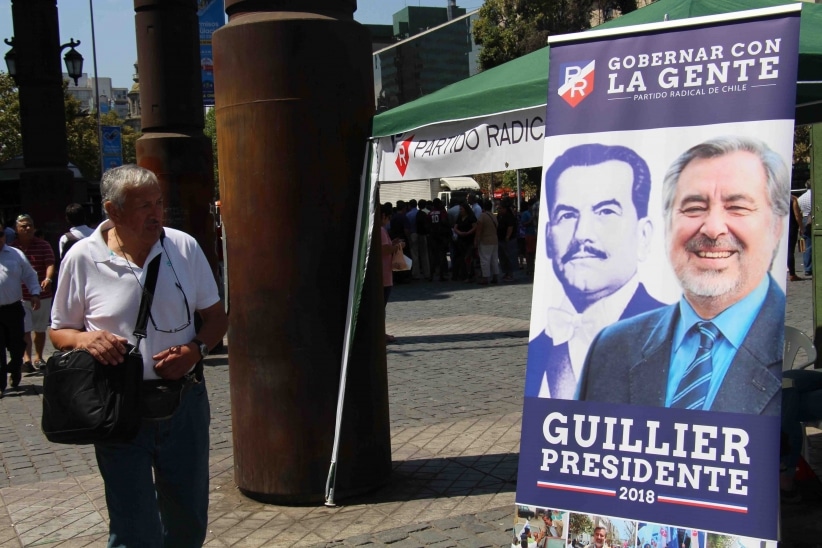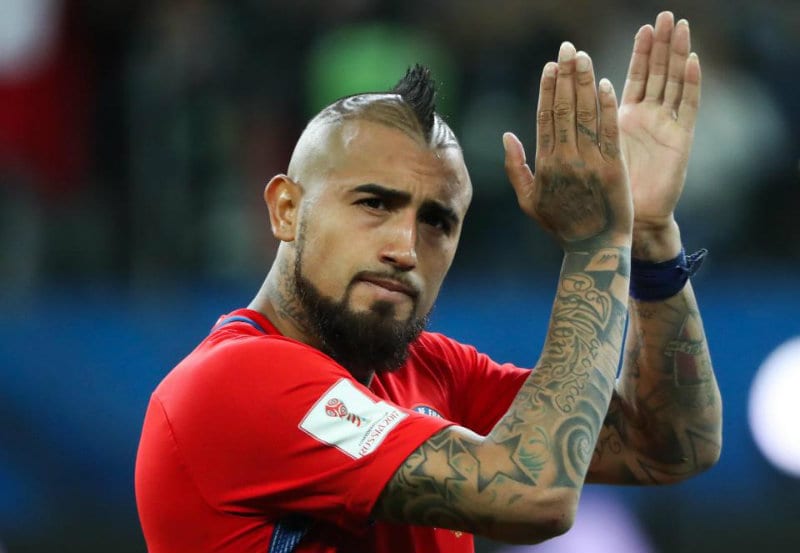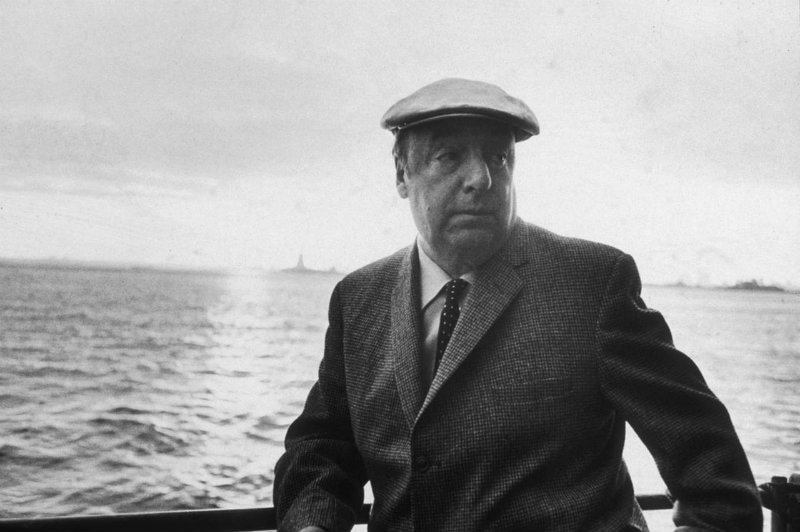
Chile’s left-leaning governing coalition is in disarray ahead of November’s presidential and congressional elections, leaving a clear path to victory for the more organized conservative opposition, lawmakers and analysts told Reuters.
On Tuesday night, Sebastian Pinera, who was Chile’s president from 2010 to 2014, declared his intention to run again, representing the conservative Chile Vamos coalition. He launched his bid at a lavish rally broadcast on primetime television.
Recent polls make him the frontrunner to win the vote, with around 40 percent of support versus 30 percent for his nearest rival, independent leftist Senator Alejandro Guillier.
Whereas the different strands of Chile Vamos appear to be rallying behind Pinera, unity is proving elusive for the left. As a result, the likelihood that Chile will follow other Latin American countries with a tilt to the right in 2017 is rising.
The coalition of the left, previously the Concertacion, was formed in 1988 as Chile returned to democracy after the dark years of the Augusto Pinochet dictatorship. It has provided every president since then, with the exception of Pinera’s first term.
“There exists a risk for the first time that (the coalition) could finish, bringing to an end a long 30-year cycle of its grip on power,” former center-left minister and political veteran Sergio Bitar said.
President Michelle Bachelet’s Nueva Mayoria coalition is being pulled in different directions by its component parties, which range from centrist Christan Democrats to Communists.

“Pinera’s candidate announcement is showing up how the Nueva Mayoria is very divided and how united the right is,” Cristian Monckeberg, the president of Pinera’s center-right party, told Reuters on Wednesday.
Riven by disagreements over policies such as loosening Chile’s strict abortion laws and reforming the labor code, and emboldened by a 2015 electoral reform that will potentially make it easier for parties outside a bloc to gain traction in Congress, some on the left are suggesting they should bypass nominating primaries in July.
“We Christian Democrats should take our candidate straight to the first round. The (electoral reform) changes reality,” tweeted former Christian Democrat leader Soledad Alvear earlier this month.
But a split between the socially conservative Christian Democrats and more progressive elements of the bloc would be “the worst idea possible if they want to win the election,” said political scientist Kenneth Bunker.
The Christian Democrat candidate is Carolina Goic, who in polls is trailing far behind Guillier, a former journalist who entered politics in 2013. Ex-president Ricardo Lagos is also in the running for the center-left vote, although he has struggled to gain traction.
Others in the bloc are appealing for unity.
“I think that the best thing would be to go with one candidate and not be divided in November’s elections,” Christian Democrat senator Jorge Pizarro told Reuters this week.
“Divided, I think we will ease the triumph of the right.”



